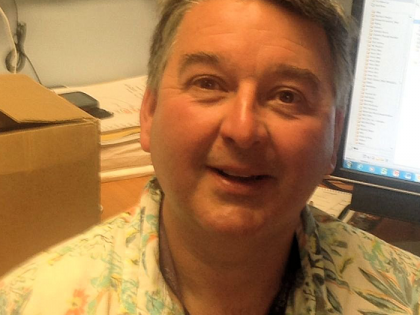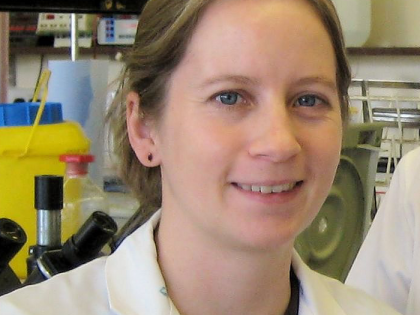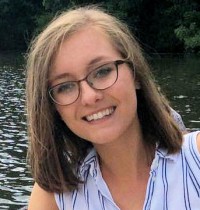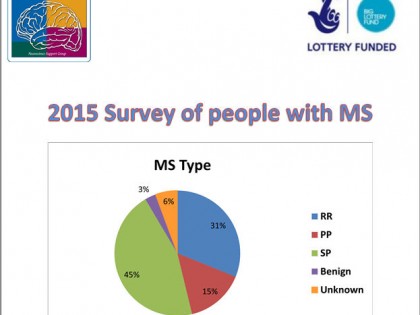D E M E N T I A S
- Dr. Helen M. Knight’s group “Brain Genomics Lab“ at the University of Nottingham investigates epigenetic and genomic factors which contribute to cognitive decline and different forms of dementia.
Currently, the NSG@QMC is co-funding M.D Adriana PerezGrovas S’s Ph.D. project “Genomic regulation by DNA 5-carboxylcytosine (5caC), 5-formylcitosine (5fC) and RNA m5C methylation and role in cognitive diseases”. She is an international student receiving fundings from the Mexican government’s scholarship “CONACYT” (Consejo Nacional de Ciencia y Tecnología).
She has just started her second year (2020-2023) as a Ph.D. candidate at the QMC, University of Nottingham. She joined the Brain Genomics group in February 2020 under the supervision of Dr. Helen Miranda Knight. Her Ph.D. thesis investigates epigenetic factors that contribute to dementias with the aim to understand mechanisms involved in DNA and RNA methylation processes, and how they link to protein abnormalities associated with dementia with Lewis bodies.
- Professor Morgan’s team, the Human Genetics group, is carrying out a multi-million-pound world-class research programme that involves identifying genes involved in Dementia- 22 new genes discovered since 2009.
The NSG funds investigations by Ph.D. students into rare variations of the diseases and in particular Alzheimer’s disease. Sultan Chaudhury is a PhD candidate of Professor’s Morgan team, whose Project – SC funded by NSG – is entitled “Using the BDR Resource to understand the Genetics of Alzheimer’s”
The Brains for Dementia Research (BDR) project is an initiative funded jointly by the Alzheimer’s Society and Alzheimer’s Research UK to address the shortage of brain tissue from individuals that is essential for research into dementia (http://www.brainsfordementiaresearch.org.uk/). The BDR project engages participants that have different types of dementia as well as individuals that do not have dementia to investigate how and why dementia occurs (read more).
P A R K I N S O N ' S . D I S E A S E
On its formation in 1990 the NSG started to support the research work of Professor John Mayer (now retired). He together with his colleagues, Professor James Lowe and Dr Graham Lennox, helped to pioneer the use in the late 1980s of anti-ubiquitin antibodies in the description of brain neurodegenerative diseases, in particular PD and dementia with Lewy bodies. A new genetic model of Parkinson’s disease was created and it was demonstrated genetically that the abolition of the 26S proteasome in neurones in the substantia nigra caused neuronal death and recapitulated the disease.
For many years the NSG paid for additional laboratory assistance which helped to speed up research. Administrative and hands on help was also given with seminars and workshops arranged by Professor Mayer at which talk were given to GPs, nurses, care home staff and members of the public about the latest developments in research.
Dr Lynn Bedford, a Parkinson’s UK Senior Research Fellow, joined Professor Mayer’s team and led or participated in many research projects between 2002 and 2018. For some of them she received supplementary funding from the NSG – in particularly regarding a study, that was published in the journal Cell Death and Disease about the importance of the ubiquitin proteasome system in removing unwanted proteins from cells; thus maintaining healthy mitochondria.
NSG funding was also provided for a Masters research project supervised by Dr Bedford. It was carried out by Hugh Mercer who investigated synaptosomal changes in the brain following the dysfunction of the 26S proteasome.
Sadly Dr Bedford died of cancer in April 2021.
M U L T I P L E . S C L E R O S I S
Imaging techniques are being used in projects funded by the MS Society at the University of Nottingham to investigate the cognitive changes which take place in the brains of people with MS. The NSG has secured Big Lottery funding to promote awareness of MS and is also considering the possibility of funding a project to determine the extent to which a drug used for other purposes might assist in the treatment of MS.
O T H E R - P R O J E C T S
Role of Protein misfolding in Neuronal Death.
Anya Snary (Supervisor Tom Bellamy)
Fluorescent Live Imaging Platform
¨Molecular mechanisms in neuronal communication and its degeneration¨
Federico Dajas-Bailador and Sebastien Serres









